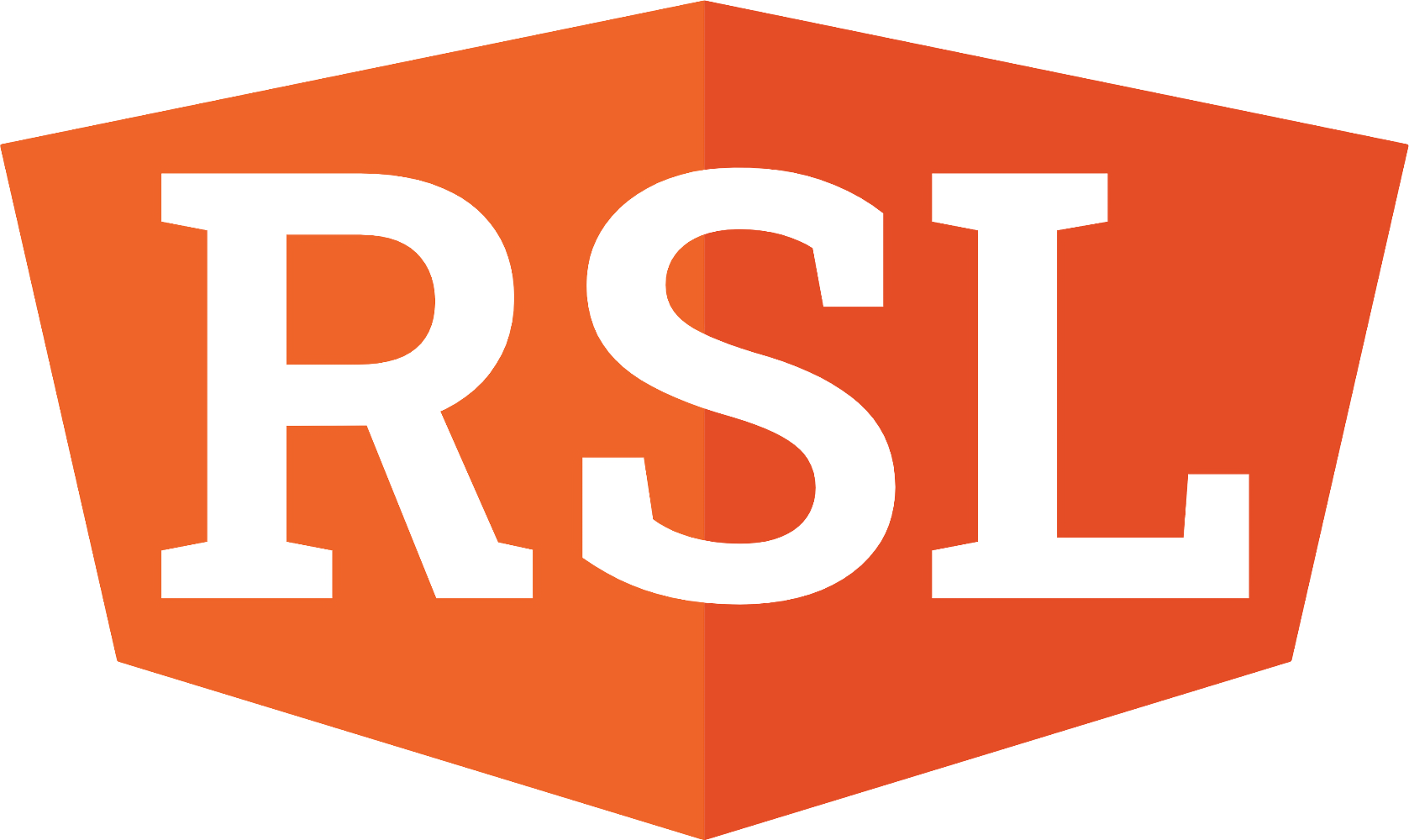Navigating AI: From Content Blocking to Strategic Licensing
In 2025, publishers shift from blocking AI to licensing, driven by copyright settlements and innovative protocols, redefining AI content access.

Navigating AI: From Content Blocking to Strategic Licensing
In 2025, a significant shift is emerging in the relationship between publishers and artificial intelligence (AI) companies, moving from outright content blocking to structured licensing agreements. This evolution is driven by growing publisher resistance to free AI content scraping, landmark copyright settlements, and innovative licensing protocols that promise to redefine how AI systems access and use publisher content.
The Landscape: From Content Scraping to Licensing Deals
For years, AI companies have trained their models by scraping vast amounts of online content without securing explicit permissions or paying creators and publishers. This practice led to mounting legal challenges and backlash from content owners demanding compensation for their intellectual property. The situation reached a tipping point in September 2025, when Anthropic agreed to a historic $1.5 billion settlement to resolve copyright infringement claims related to AI training data—a precedent-setting move recognizing the monetary value of human creativity in AI development.
This settlement, among others, has accelerated publishers' efforts to transition from passive blocking of AI crawlers—where 60% of major news sites reportedly block AI bots despite potential financial incentives—to actively negotiating licensing deals that provide both compensation and control over how their content is used. Licensing agreements are no longer just about revenue; they are crucial for maintaining search visibility and attribution in AI-powered platforms, which now influence billions of user searches daily.
Innovative Licensing Models: Really Simple Licensing (RSL) and Marketplaces
One of the most promising developments is the launch of Really Simple Licensing (RSL), a new protocol designed to automate and standardize licensing terms for online content in a machine-readable format. RSL builds on the legacy of the traditional robots.txt protocol—previously used to simply allow or block web crawlers—but adds granular licensing options such as:
- Subscription models for regular access to content by AI systems
- Pay-per-crawl fees charged each time an AI bot accesses a webpage
- Pay-per-inference fees where publishers are compensated when AI generates answers using their content
This flexibility aims to bring efficiency and clarity to the licensing process, reducing the need for individual negotiations and enabling scale across the internet. Major web publishers and platforms like Reddit, Yahoo, Medium, and Quora have already endorsed RSL, signaling growing industry momentum.
Financial Implications and Publisher Benefits
The shift to licensing is proving financially beneficial to publishers. For example, Harper Collins has negotiated AI licensing deals compensating $2,500 to $5,000 per book for AI training data, signaling a new revenue stream for authors and publishers alike. Additionally, publishers with AI licensing agreements, such as those with OpenAI, experience clickthrough rates from AI-generated summaries nearly seven times higher than publishers without such deals, highlighting the importance of licensing for maintaining audience engagement and traffic.
Moreover, the emergence of systematic licensing marketplaces and collective bargaining frameworks suggests that publishers are moving toward greater leverage and coordinated action to stem the loss of traditional referral traffic caused by AI search interfaces, where up to 93% of AI-mode searches end without clicks to source websites.
Industry Impact and Future Outlook
This ongoing transition marks a fundamental change in the digital content ecosystem. Publishers are no longer passive victims of AI content scraping but active participants shaping the economics and ethics of AI training. The combination of legal pressure, technological innovation like RSL, and strategic licensing deals is creating a new balance of power.
Industry leaders emphasize the importance of unity among publishers to strengthen their bargaining position and prevent further erosion of their revenue bases. Meanwhile, major AI companies, including Meta, are reportedly negotiating licensing deals with prominent publishers, suggesting the licensing era is expanding beyond news to other content sectors.
As the AI industry grapples with copyright liability and evolving norms, this new licensing infrastructure could become the foundation for a more sustainable and fair AI ecosystem—one that recognizes the value of human creativity while enabling AI innovation.
Visuals to Illustrate the Topic
- Infographic of the RSL protocol showing how licensing terms integrate with AI crawler requests
- Logos of key publishers involved in licensing deals (e.g., Harper Collins, Axel Springer)
- Screenshot of AI-generated search results highlighting publisher attribution and clickthrough metrics
- Timeline graphic of major AI licensing milestones in 2025, including the Anthropic settlement and RSL launch
The shift from blocking to licensing represents a pivotal moment where publishers reclaim control and revenue in the AI era. As licensing frameworks mature and adoption spreads, the digital content landscape is poised for a more balanced coexistence with AI technologies.



